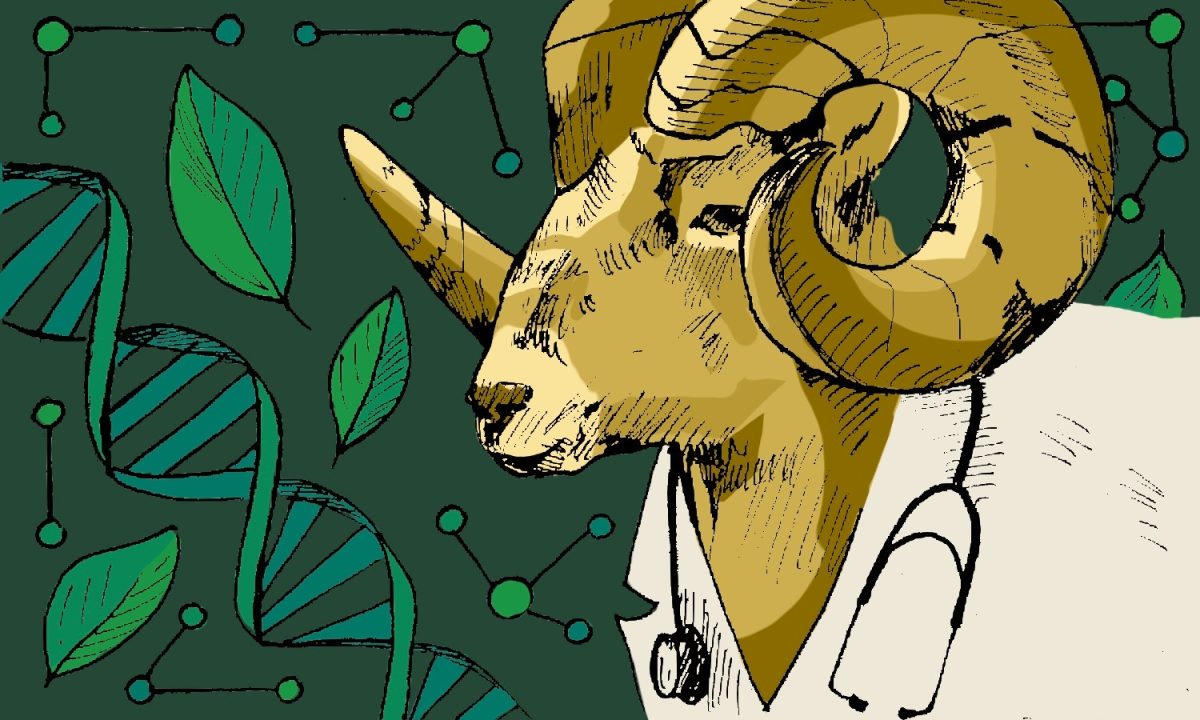Often confused with being limited to one’s daily interactions with friends, communication studies are much more than the facile course load many believe it to be. Communication is a science.
“You look at how people interact with one another and the actual theory and the real applications of how people interact on different levels, whether it’s through organizations or whether it’s interculturally in their own personal relationships,” said Malia Juba, a fourth-year communication student. “It’s seeing how people relate to one another, how people work together and how they communicate.”
Unlike many other fields of science, communication boasts a variety of different kinds of research that can be conducted. Elizabeth Williams, department chair and professor of communication studies at Colorado State University, elaborated on the flexibility of research in the field.
“It can be experimental,” Williams said. “It can be observational. It can be gathering people’s experiences, doing interviews with people. There’s a method behind each of those. There’s rigor to each of those and expectations to each of those, which make it a scientific method.”
This malleability allows for an array of different research areas. Professors and students at CSU have examined various topics, including the anatomy of friendship, businesses in the pandemic and support for those recovering from prison.
For undergraduate students interested in gaining hands-on research experience, there are opportunities to assist in a lab with professors. Currently, Assistant Professor Natalie Pennington and Associate Professor Meara Faw are working with students to design an experiment that will look into the progression of friendships over time.
“Time and time again, science and data show that as human beings, we are healthier and happier when we have close connections,” Faw said. “And so understanding what it is that can make those relationships satisfying … is really important in order for us to live good lives as people.”
Like many other areas of study, the communication field has to learn to adapt in response to the modern world. Recent advancements in artificial intelligence pose a large challenge in this sense.
“AI can afford the opportunity to write something faster or generate information, but we also have to make the decision on how to productively engage with that,” Pennington said. “So we can’t ignore that the tech exists, but we also have to be smart and have a degree of literacy or understanding about it.”
Doctoral candidate Meghan Cosgrove explained another challenge for the field: the division seen in today’s polarizing world.
“I think that we’re a lot more focused on what separates us than what unites us, and that makes things particularly difficult for communication studies scholars because our whole thing is focused on human interaction and what that looks like, and so to be in a time and a space where there is so much animosity can be really difficult,” Cosgrove said.
Not only are the many facets of communication interesting, but they are essential to many areas of work. A study done by the Pew Research Center in December 2024 showed evidence that communication skills are one of the most important aspects of being successful in the workforce.
“Even if your job goals are to be an economist or a real estate agent or (in) government, whatever the field may be, you have to still communicate with people and connect,” Pennington said.
A degree in communication can lead to a plethora of job opportunities in fields such as hospitality, marketing, business, education, human relations, government, media and many more.
“Being able to understand the patterns of human communication and human behavior is really powerful and really allows you to enter many different spaces, many different industries and have this really solid skill set to make a difference,” Williams said.
Sophia Hall, a fourth-year communication student, voiced her opinion on the omnipresent benefits of getting a communication degree.
“Exploring the ways that you have so much more choice and free will and opportunity, and the world is not static and that the information you hear doesn’t have to be correct just because someone with authority said it, is really powerful,” Hall said.
Reach McKenna Van Voris at science@collegian.com or on Twitter @CSUCollegian.









